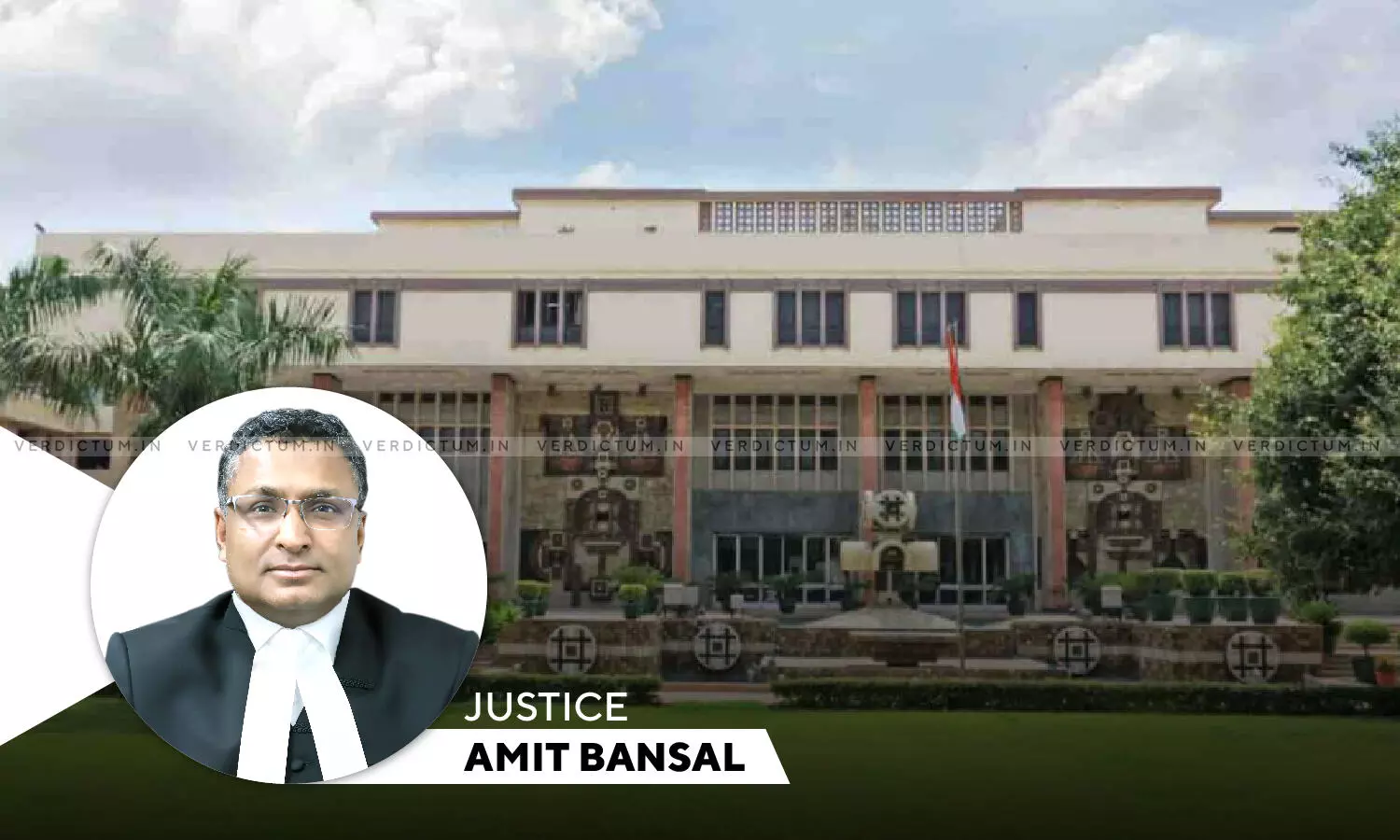
Use Of Celebrity Names & Images For Purposes Like Art & Satire Falls Under Freedom Of Speech & Expression; Does Not Infringe Right Of Publicity- Delhi HC
 |
|A Delhi High Court Bench of Justice Amit Bansal has observed that "use of celebrity names, images for the purposes of lampooning, satire, parodies, art, scholarship, music, academics, news and other similar uses would be permissible as facets of the right of freedom of speech and expression under Article 19(1)(a) of the Constitution of India and would not fall foul to the tort of infringement of the right of publicity".
Senior Advocate Sandeep Sethi and Senior Advocate Rajshekhar Rao, among others, appeared for the plaintiffs. Senior Advocate Dayan Krishnan, among others, appeared for the defendants.
In this case, it was alleged that the defendants were minting and distributing non-fungible tokens, which captured the images of players with whom the plaintiff had exclusive license agreements. The plaintiffs filed a suit for injunction and damages, alleging that the defendants had violated the “mobile rights” and “mobile activation rights” of the plaintiffs that were exclusively assigned to the plaintiffs by the BCCI.
The Apex Court observed that the information used by the defendants, i.e., player name and data concerning a player’s real-word match performance, was freely available in the public domain and could be used by anyone. In that context, it was said that "It is not the plaintiffs’ case that the defendants are using any personal information such as the height and weight of the players, which is not in the public domain. The information which is available in public domain cannot be owned by anybody, including the players themselves. Therefore, such publicly available information cannot be the subject matter of an exclusive license by the player in favour of a third party."
In furtherance of the same, it was observed that "Facts which are available in public domain such as match information cannot be monopolized and even if a third-party were to publish such information for commercial gain, no actionable right arises in favour of the plaintiffs".
Pertinently, the Court observed that "In my considered view, the use of the name and/or the image of a celebrity along with data with regard to his on-field performances by OFS platforms is protected by the right to freedom of speech and expression under Article 19(1)(a) of the Constitution of India. It is a settled position of law that protection under Article 19(1)(a) extends to commercial speech as well. Therefore, even if the defendants are using players’ names, images and statistics for commercial gain, this would be protected under Article 19(1)(a) of the Constitution of India".
The Court also found it relevant to note that the defendant uses the artwork of the players on its Digital Player Cards and not the actual photographs. In that context, the Court took the considered view that "These artworks contain creative elements that distinguish them from the actual image of the players in question. As noted above, the Supreme Court of California in DC Comics (supra) held that when a work contains significant number of transformative elements or creative contributions, they become the defendant’s own expression rather than the celebrities’ likeness and would therefore be entitled to the protection under the First Amendment. As noted in Cardtoons (supra), the use of transformative elements and artistic contributions in the player cards of the defendants would be in the nature of caricature, which would constitute permissive use. Such use, in my view, would also be protected under Article 19(1)(a) of the Constitution of India".
Finally, the Court considered the parameter of balance of convenience and irreparable harm. It observed that "these factors are in favour of the defendants and against the plaintiffs. An injunction granted at this stage would result in closure of the business of the defendant no.2 and would cause huge financial losses not only to defendant no.2 but also to the users of the Striker platform. On the other hand, in the event the plaintiff succeeds in the suit, it can always be compensated".
Subsequently, the application was dismissed.
Cause Title: Digital Collectibles Pte Ltd. & Ors. v Galactus Funware Technology Private Limited & Anr. [Neutral Citation No. 2023:DHC:2796]
Click here to read/download the Judgment